Turkey Farming in Kenya
Turkey farming in Kenya is a growing agribusiness opportunity, offering higher profits compared to other poultry, like chickens. It involves rearing turkeys primarily for their meat, which is in high demand, especially around festive seasons like Christmas. Here’s a guide to help you get started:
Breeds of Turkeys
- Common turkey breeds reared in Kenya include:
- B.U.T and Broad Breasted White: Fast-growing and suited for commercial meat production. B.U.T turkeys can reach 22Kgs at 23 weeks of age.
- White Holland Turkeys: Have wide breasts and short legs and some can also go broody.
- Broad Breasted Bronze: Larger and can adapt to both free-range and confined systems.
- Beltsville Small White: A smaller breed but still profitable.
- Local Kienyeji Turkeys: More resilient and can handle Kenyan climatic conditions better.
Housing Requirements
- Turkeys need more space than chickens:
- Space per bird: Each bird requires around 4-5 square feet in the house.
- Free-range: If you choose free-range farming, provide 10-12 square feet of outdoor space per bird.
- Ensure the house is well-ventilated, predator-proof, and has enough perches and roosting spaces.
- Floors can be made of deep litter material like sawdust or straw.
Feeding Turkeys
- Starter Feed (0-8 weeks): High-protein feed (28% protein) is required for growth.
- Grower Feed (8-16 weeks): Reduce to 20-24% protein.
- Finisher Feed (16 weeks onwards): Lower protein content (16-18%) is sufficient.
- Each turkey consumes approximately 40-50 kg of feed by the time they reach market weight.
- Cost of feed: Feed is the largest expense in turkey farming, comprising about 40-70% of total production costs. You can reduce your feeds cost by giving them greens or letting them free-range.
Vaccination and Disease Control
Turkeys are susceptible to diseases similar to chickens, such as Newcastle disease and Fowl Pox. A regular vaccination schedule is crucial:
- Day 1: Marek’s Disease vaccine.
- Week 2: Newcastle Disease vaccine.
- Week 4: Fowl Pox vaccine.
- Every 3 months: Deworm and monitor for common infections.
- Keep a close eye on symptoms like coughing, sneezing, or diarrhoea, as these can indicate an outbreak.
Labour and Management
- Labour needs: 1 worker can manage up to 100-250 turkeys. However, turkey farming requires more attention than chicken farming due to the birds’ larger size and specific needs.
- Clean the poultry house regularly and ensure access to clean drinking water.
- Provide sufficient security to prevent theft or predation.
Market and Profitability
- Turkeys can be sold for Ksh 3,000-7,000 depending on weight, with mature birds weighing 8-22 kg.
- Festive periods, particularly Christmas and other public holidays, are peak times for turkey sales in Kenya.
- The profitability of turkey farming is higher compared to chickens due to the larger size of the bird and the premium price for turkey meat. A single turkey can bring in the equivalent profit of selling 10-15 chickens
At Ziwani Poultry we supply the B.U.T and White Holland Turkeys. We are the leading breeder for turkey in Kenya and East Africa. We also supply Turkey meat and eggs.
We sell from Day old – 2 months old poults – Please contact us for prices and availability.
Turkey farming is profitable if managed correctly, focusing on quality feeds, vaccination, proper housing, and targeting the right markets. Starting small with a manageable flock and scaling up as you gain experience is advisable to minimize risks and maximize returns.



